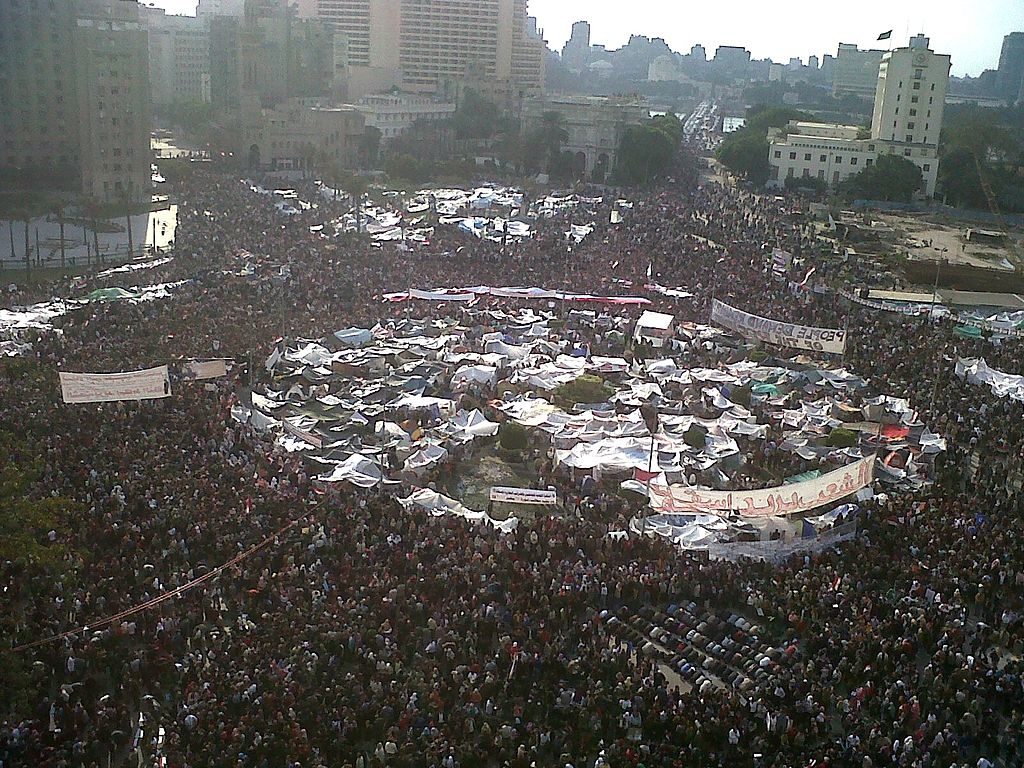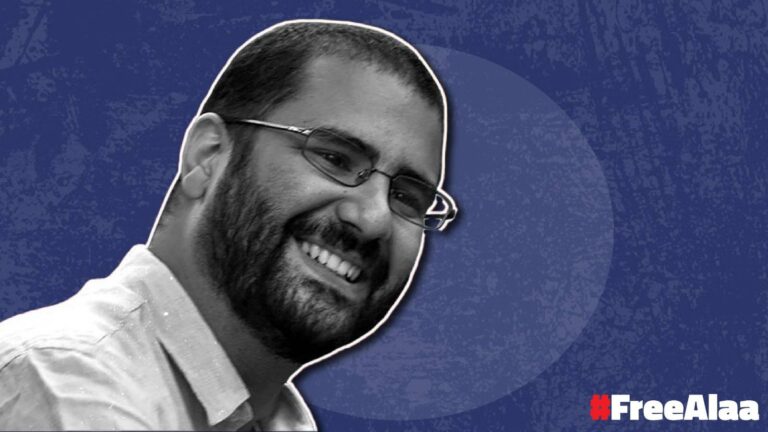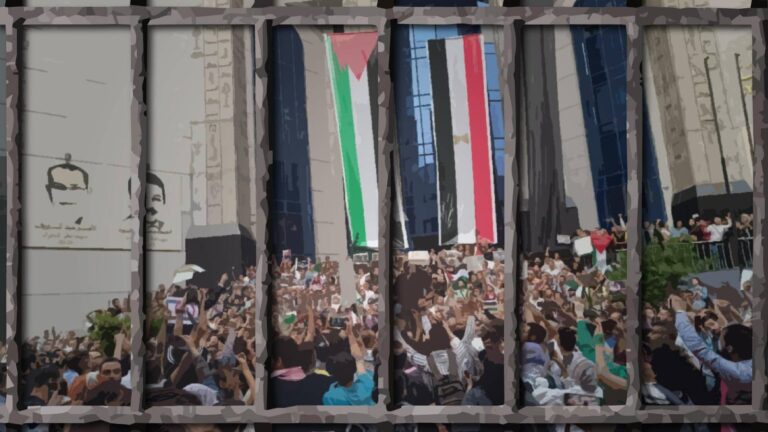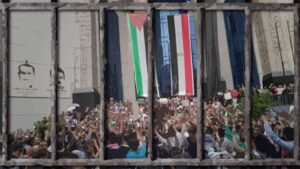As the Forum continues to work towards building a platform for consensus around an outline for political reform from a human right’s standpoint, we hereby present these reforms to the Egyptian public including its academics, intellectuals, activists, reformists within governmental institutions -including the military and security apparatus-, and political opposition. The outline includes a number of urgent issues that the Forum believes should be prioritized in addressing the unprecedented human rights situation in Egypt, and fostering and environment for societal reconciliation. This outline highlights five main areas for reform including: economic reform, political and institutional reform, legislative reform, criminal justice reform, necessary reforms on the road to transitional justice.
The purpose of any process of political, economic, religious, or cultural reform is to raise the capacity of Egyptian’s, the state, and its institutions. This should result in creating an environment that is conducive to social cohesion and prosperity. The Forum therefore suggests that the “Human Rights Papyrus” shape the intellectual framework for these discussions. The philosophy behind the Papyrus focuses on the importance of civil, political, economic, and cultural rights in accordance with international laws and conventions. The Papyrus also focuses on restricting the role of the state in interfering with the public and private spheres in a way that contradicts basic human rights.
The Forum suggests that multiple avenues of change and discourse be pursued simultaneously. These include a series of reforms on five fronts that are concerned with addressing the most vital issues that have contributed to the deterioration of the human rights situation in Egypt. This steady decline started in 2011, and has reached its lowest levels under president El Sisi.
Firstly: A series of economic reforms
Secondly: a series of political and institutional reforms
Thirdly: A series of legislative reforms
Fourthly: A series of criminal justice reforms
Fifthly: A series of reforms focused on transitional justice
Firstly: A series of economic reforms
- Reassessing all the policies and procedures that discriminated against the lower and middle classes, and contributed to increasing national debt to unprecedented levels. This reassessment will not revoke any of the international agreements the country has committed to
- Reassessing all of the ongoing mega projects especially those that were incepted without proper feasibility studies. This will also include working towards a more transparent business environment that is conducive to improving the investment climate and creating job opportunities and fair competition across the economy. These development will translate into increased prosperity for Egyptians.
- Reassessing the arms deals since 2013 and their consistency with the country’s war on terror. The arms deals will also be revised in light of the increasing levels of debt the country has undertaken, and the high prices of the equipment.
- Ending imports of all spyware and torture equipment.
Secondly: a series of political and institutional reforms
- Insuring that all state bodies are overseen by elected civilians
- Reorienting the role of the military to its natural status as a protector of the country’s borders. This also includes building military capacity to fight terrorist factions within the country while minimizing any civilian causalities in the process
- Ending the military’s involvement in civilian and political life including local governantes, ministries, elected legislative bodies, as well as the religious, cultural and media spheres.
- Reassessing effectiveness of current anti-terrorism strategy and compatibility with human rights, as well as ending cooperation with Israeli in this regard. Further, reparations to affected civilians are to be paid.
- Restructuring state relationship with all religious institutions ensuring their financial and managerial autonomy. This process will also ensure ending their involvement in political affairs, religious liberties, and all social and cultural affairs.
- Ending the involvement of all security apparatus in religious, cultural and media spheres.
Thirdly: A series of legislative reforms
- Reviewing all the legislation that was passed by the 2014 parliament en masse, without proper deliberation and consultation (300 laws). Many of these laws contradict the letter and spirit of the constitution
- Ending the criminalization of protests, releasing all those detained under its mandate, and recompensating them
- Approving the Roma Conventions from the International Criminal Court
- Setting legislation to elect a new parliament that is truly representative of the Egyptian people and is void of state security oversight
Fourthly: A series of criminal justice reforms
- Ending military trials for civilians and presenting all those who were tried to civil courts
- Halting all death sentences that have been passed since July 2013, and retrying detainees in accordance with international standards
- Ending temporary detainments as a punishment and releasing all those who have surpassed the legal limit
- The immediate release of all prisoners who have been detained under the guise of the freedom of press, civil disobedience, and all former political candidates. Additionally, this will include reversing the second half of cas3 173 pertaining to NGOs
- Improving the conditions of detainment in Egyptian prisons including providing better medical care and attention, and ending abusive practices such as solitary confinement. This also allows for the Red Cross to assess the status of prisons and giving other NGOs and humans rights bodies access to prisons
- Allowing a team of independent experts from the United Nations to investigate the death of former President Mohamed Morsi. This will also include in punishing those involved in neglecting his medical needs.
Fifthly: A series of reforms focused on transitional justice
- Take all necessary measure to get to the truth of what happened in the aftermath of January 25, 2011 and shedding light on the human rights abuses that were held (including the allegations that war crimes were committed against civilians in Sinai). The findings of this committee will be made publicly available
- Reassessing all verdicts that were made after February 2011 in political cases









